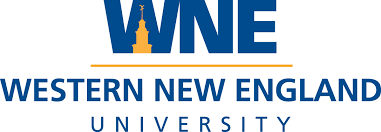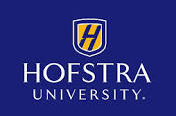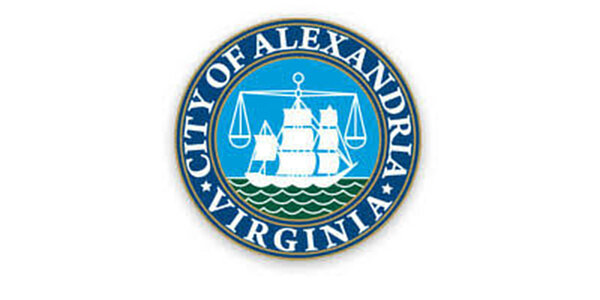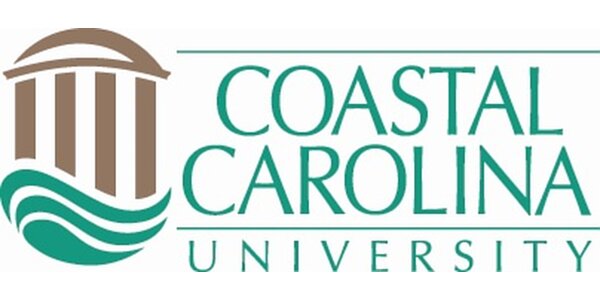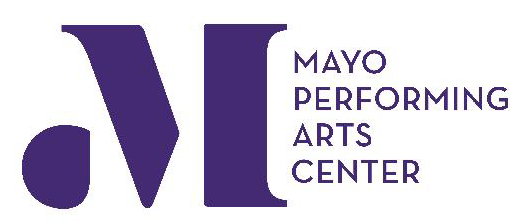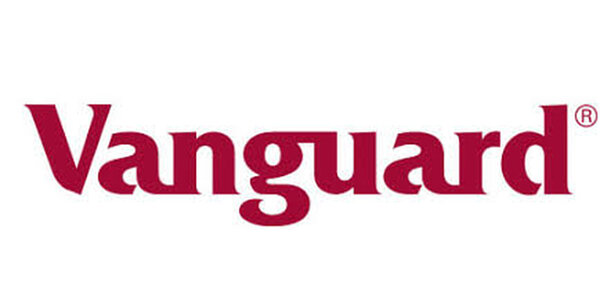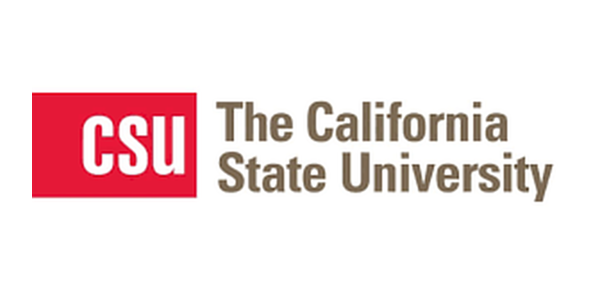Columbia University/School of International and Public Affairs Employer Profile
| Employer Name: | Columbia University/School of International and Public Affairs |
| City: | New York |
| State: | New York - NY |
| Employer Profile: |
Columbia University's School of International Affairs was founded in 1946, in the aftermath of World War II. Emphasizing practical training, the School's mission was to foster understanding of regions of vital interest and to prepare diplomats, officials, and other professionals to meet the complexities of the postwar world. It originated in dynamic regional institutes that, with an interdisciplinary vision bold for its day, drew on Columbia's renowned faculties in history, economics, political science, linguistics, and other traditional fields. The school awarded a Master of International Affairs (MIA) degree. By 1950, three regional institutes were in operation: the Russian Institute (now the Harriman Institute), established in 1946 and the first of its kind in the United States, the East Asian Institute, and the European Institute, both founded in 1949. During the 1950s and 1960s, the School expanded in scope and depth. SIA, as it was called, developed a national and international reputation as a leading center for educational and research programs in area studies, security, and international relations. By 1967, the School was home to eight regional institutes, covering nearly every corner of the globe. Originally housed in a row of brownstones, the School moved to a new building on Columbia University's east campus in 1971. In 1977, the School added the Master of Public Administration (MPA) degree to meet the growing demand for skilled public service professionals. Four years later, the master's program was renamed the Graduate Program in Public Policy and Administration, and the School was renamed the School of International and Public Affairs (SIPA). With its principal degree programs firmly established, SIPA added functional concentrations to both the MIA and MPA in response to emerging areas of need and professional opportunity—from international finance to urban policy, and from human rights to environmental policy. In the early 1990s, SIPA began appointing its own faculty, adding to the list of distinguished social and natural scientists and humanists already at the University. Within 15 years, SIPA faculty were among the most prominent in their fields and included a former director of the U.S. census; a Nobel Laureate in economics; a judge on the appellate body of the World Trade Organization; economic advisors from the Clinton and Bush administrations; a former United Nations Assistant Secretary-General; and many well-known research scholars. SIPA continues to evolve. Its programs mirror a globalized world in which the boundaries between international and public affairs, like the boundaries between states, have grown less distinct. In 1992, with support from the World Bank, the School established the Program in Economic Policy Management (PEPM)—with special emphasis on the problems of developing and transition economies—to provide mid-career finance professionals with the skills required for effective design and implementation of economic policy. Students who complete the PEPM requirements are awarded a Master of Public Administration degree. To accommodate the needs of working professionals who cannot pursue full-time study, SIPA established the Executive MPA program in 1999 as part of the Picker Center for Executive Education. In 2001, the School introduced the MPA in Environmental Science and Policy, an intensive one-year program with core courses in management and policy analysis, as well as a concentration in environmental science and earth systems. In 2004, SIPA inaugurated its first doctoral program, the interdisciplinary PhD in Sustainable Development, which combines elements of traditional graduate education in social science—particularly economics—with significant training in the natural sciences. In addition, SIPA has established the Global Public Policy Network with the London School of Economics and Political Science (LSE), the Institut d'Études Politiques de Paris (Sciences Po), and the National University of Singapore's Lee Kuan Yew School of Public Policy. SIPA offers dual degree programs with each of these institutions, plus the Hertie School of Governance in Berlin, Fundação Getulio Vargas Escola de Administração de Empresas de São Paulo, Brazil, and the University of Tokyo Graduate School of Public Policy. The School has also become involved with a variety of collaborations with public policy programs at a variety of institutions across Asia, Latin America, and Europe. SIPA also offers non-degree training programs in New York and around the world through the Picker Center for Executive Education. As it has for more nearly seven decades, SIPA provides committed students with the necessary skills and perspectives to become responsible leaders. In 1954, students hailed from six countries outside the United States and graduates worked in 17 different nations. Today, nearly half of SIPA's 1,200 students are from outside the United States and the School's 18,000 alumni work in more than 150 nations around the globe. The School's mission, which has evolved over the years, stays true to this history: "SIPA serves the global public interest by educating students to serve and to lead and by producing and sharing new knowledge on the critical public policy challenges facing the global community." |
| Employer Website: | https://sipa.columbia.edu/ |
Search among Columbia University/School of International and Public Affairs jobs
no jobs found


